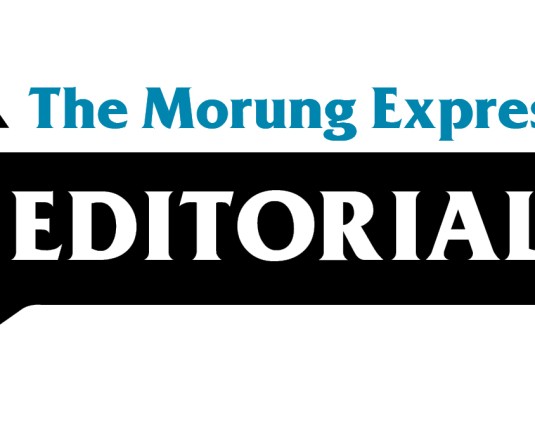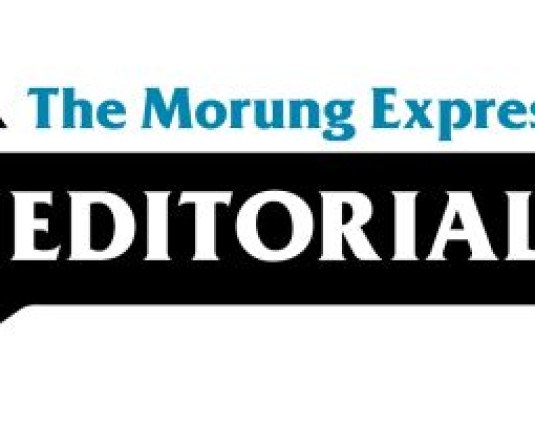
The unfolding events in Thailand and Nepal have once again clearly demonstrated that power of the people can never be held ransom to the culture of power; at least not for long. Unlike the ‘sponsored’ revolutions that took place in Eastern Europe in the post-cold war era, there was something very organic – almost pure and simple – about the revolution of peoples’ power in the Nepal and Thai context. While the social and political situation in these two kingdoms are quite different in nature, yet the manner in which ordinary people came out into the streets in a sustained wave of defiance and determination reveals the innate human desire for freedom.
Broadly speaking, both Nepal and Thailand are traditional kingdoms at various stages of transition into something called democracy. While ordinary Nepali citizens unleashed an uncompromising movement to change a political system based on an institutionalized elite democracy rooted in traditional hierarchy with the King as its head into a democratic political system, the Thai experience divulged a sophisticated organized relentless campaign initiated by the Thai intelligentsia and an eager opposition, challenging the statecraft of hegemonic power and corruption – in essence, a weak democracy.
Both movements represent a broader global struggle for democratic values and principles and the inevitable need for people to have ownership over decision-making powers and to freely exercise their will. The continuous critiques of capitalism and its political forms from the perspective of the grassroots have aroused critical consciousness and have posed a decisive challenge to the status quo. This consciousness has become the basis on which peoples and nations across territorial boundaries have come together to unit in purpose with the deliberate objective to transform their existence into the subject and object of democratic power.
The system of procedural democracy has revealed itself as a crisis of elite decision-making and public ratification in which, ironically, the practice of electoral politics is the beginning and end of democracy. At its roots, democracy is seen as nothing more than the State itself. Consequently, the people are taken for granted and their needs and aspirations are quickly ignored by the arrogance of power. It’s no wonder, only during elections that ordinary people are sought after by politicians, as they are the ones exercising their voting rights.
But once elections are over, often voices of the ordinary citizen is marginalized and disregarded. Representatives function on the assumption that once they have been elected, the people have empowered them to represent them any which way. This erroneous view has resulted in gross abuse of power and privilege, further isolating the people from participating in decisions that affect their lives. It therefore becomes a matter of political necessity for ordinary people to arouse critical consciousness whereby the people themselves become the subject and object of democratic power. In essence, the return of Peoples Power!





